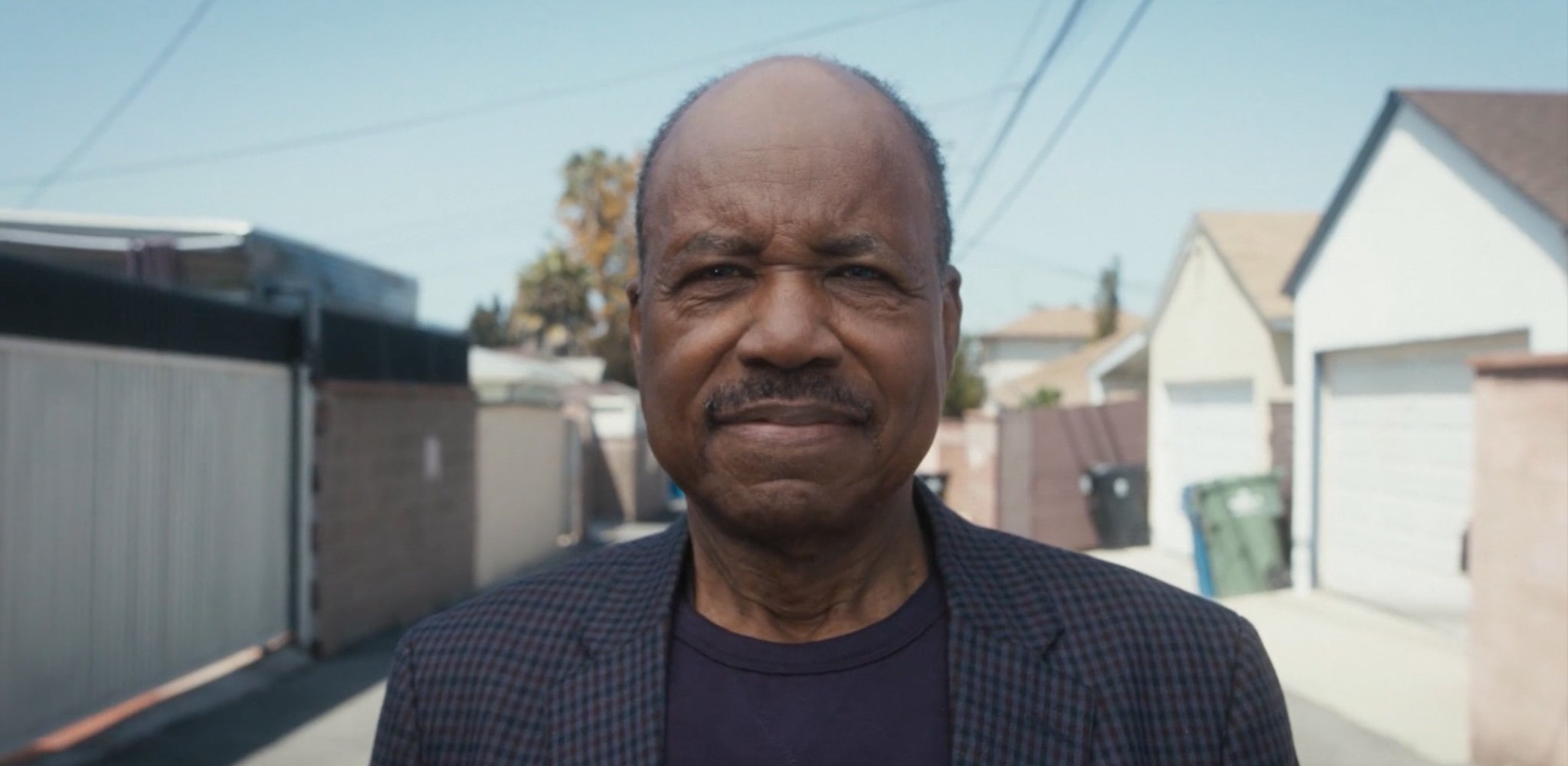Content Case Study — Providence Health + Stand Up 2 Cancer
Raising colon cancer awareness and promoting early screenings among BIPOC communities
How it started
Colorectal cancer rates are rising, particularly in Black, Brown, and Indigenous communities and in younger individuals. Screenings, like a colonoscopy or an at-home stool test, are essential because when colorectal cancer is caught early, it can often be cured.
We knew we had an opportunity to effect change after Chadwick Boseman died at age 43 from colorectal cancer in 2020. The loss of the beloved Black Panther star sent shockwaves across the world – particularly in BIPOC communities.
But how do you engage and build trust with a community that has been disproportionately affected by an illness and has also experienced a traumatic history of racism and inequity in health care?
What we did
Our a-ha moment: We knew that Chadwick Boseman’s story was a critical hook to capture attention, but in order to educate and build trust with our audiences, we needed to harness the expertise and devotion of experts and advocates working daily inside these communities.
We recommended that our clients, Providence Health and Stand Up 2 Cancer, allow us to prioritize and elevate those who could connect with those at the highest risk of developing colorectal cancer – they became our dream team. Using their voices, we educated patients and peers on the benefits of early screenings.
How it’s going
We captured both the clinical and advocacy efforts in a moving short documentary that was submitted for multiple awards and won the 2024 Muse Gold Award.
By focusing our story on Chadwick Boseman and featuring his family, friends, and caregivers, we ensured a broader reach to affected audiences.
And, by featuring trusted clinicians, peers, and advocates, we found that viewers in BIPOC communities were more likely to recognize and acknowledge that they knew loved ones diagnosed with or battling colorectal cancer. This recognition, combined with their increased knowledge, led to a greater likelihood of encouraging cancer screenings among their peers.







